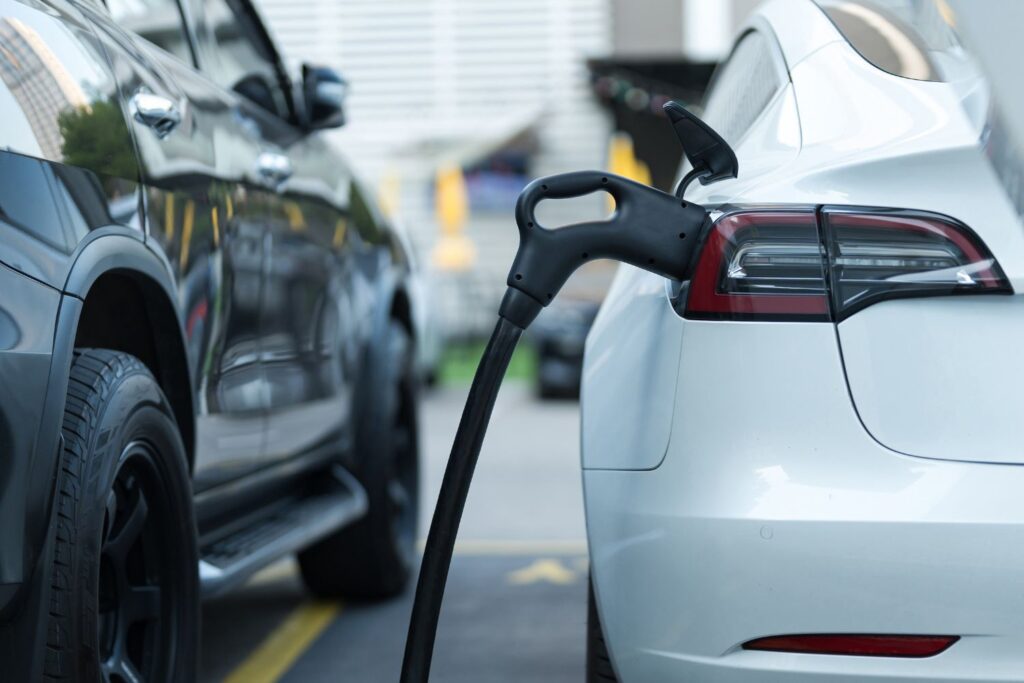This summary seeks to offer insights into driving electric vehicles (EVs) in the Baltic states, highlighting the seamless experience for sustainability-conscious visitors. The region provides a variety of EV models, with straightforward car pick-up procedures, like traditional car rentals. An extensive network of public charging stations, some of which are free, ensures convenient charging, often accessible through mobile apps. Baltic hotels frequently offer EV charging facilities, adding to the ease of travel. The presence of EV-specific road signs and favourable parking regulations in public spaces further supports EV drivers. Overall, the Baltics present a well-equipped, welcoming environment for EV travel.
Q1: How does car pick-up work for EVs in the Baltics?
A1: Car pick-up for electric vehicles in the Baltics is straightforward. Much like renting a conventional car, you will meet your car rental representative at the airport upon your arrival (or other previously agreed meeting point). You will sign the car rental contract, pay a deposit, and take your car keys during the meeting with the representative.
Q2: What kinds of electric vehicles are available in the Baltics?
A2: The Baltics, comprising Estonia, Latvia, and Lithuania, offer a variety of electric vehicles. You can find popular models from manufacturers like Tesla, Nissan, BMW, and more. In your standard rental contract, a compact car size is included (such as a Nissan Leaf or similar). For an additional charge, you can upgrade your car type.
Q3: How do customers arrange charging for their EVs?
A3: EV charging in the Baltics is quite convenient. Most cities have an extensive network of public charging stations, of which some are free of charge, and some are paid per minute/per kWh. You can search for the nearest EV charging station on the Plugshare app. Charging is usually activated via the mobile app of the service provider.
Q4: What happens when customers charge at a hotel in the Baltics?
A4: Many hotels in the Baltics have recognized the importance of EV infrastructure. They offer on-site charging stations for their guests, making it convenient to keep your EV charged while you stay. Some may charge a fee for using their charging stations, while others include it as a complimentary service.
Q5: How are road signs and parking for EVs in public places in the Baltics?
A5: In the Baltics, road signs specific to EV charging and parking are common. Look for signs with the electric vehicle icon, indicating charging stations or reserved parking for electric cars. Many public places, shopping centres, and parking lots have dedicated EV parking spaces equipped with charging infrastructure.
In many places, electric vehicles are allowed to park for free or at a reduced cost, and some parking spots may be reserved for electric cars. However, these rules may vary by location, so it’s advisable to check local signage and regulations.
Some cities in Lithuania, Latvia and Estonia may allow electric vehicles to use bus/taxi lanes, which can help reduce commute times during congested periods.
Example of road signs for EVs:

If you need more information and support don’t hesitate to contact the Sustainable Journeys team.








